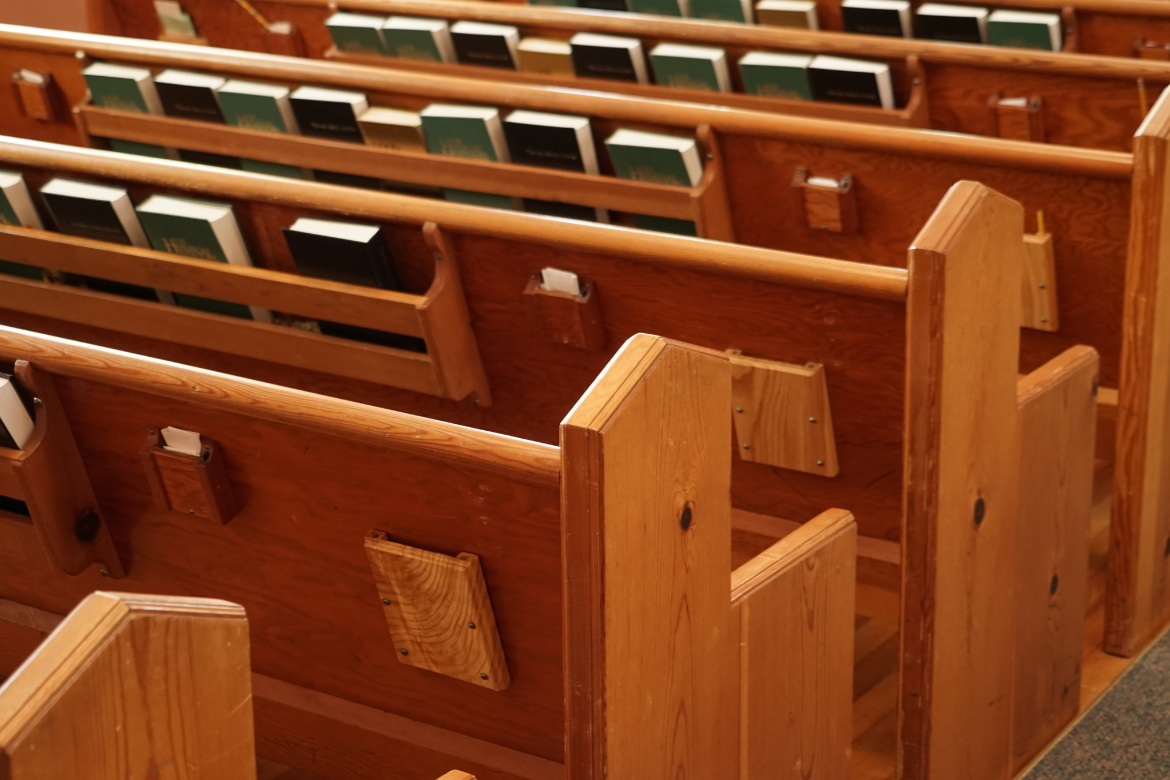Clergy from other denominations, and predominantly other countries, transfer into the United Church of Canada each year through a process known as admissions. Some ministers have found themselves waiting for years between being approved by the UCC and finding an appointment with a church, a hurdle experienced only by racialized ministers, according to Sarah Bruer, program coordinator for recruitment and admissions.
“We realized that the people who were struggling to find appointments, I think the number has been consistently around 50 people who are searching, all of those who had not found an appointment were racialized,” Bruer said.
“White ministers in the admission process move through it without any trouble.”
Ministers in the UCC apply for a position at individual churches like any other job, and despite having “exceptional experience and qualifications,” many people have been passed over dozens or even hundreds of times, Bruer said.
Bruer said there is a myth within the United Church that there aren’t enough ministers, but the reality is there are currently 55 ministers available and another 50 coming up through the admissions process. Recognizing it could take years to find congregations for these candidates, Bruer said the UCC has suspended new applications and will be focusing on bridging those ministers to existing vacancies and finding ways to honour the church’s commitment to becoming an anti-racist denomination.
“So for the time being, we’re focusing the limited resources available to support this program on efforts to increase the number of admission appointments being made,” she said.
“Because that’s the thing, admission is about more than God’s embrace — it’s also about employment opportunities.”
Rev. Dr. Dorcas Muketha was originally ordained in the Methodist Church of Kenya before immigrating to Canada, and now leads the United Church in Beaverlodge, Alta., nestled between Grande Prairie and the British Columbia border.
Due to financial problems, she anticipates the church will close within the year, and she is currently waiting to hear back from other locations she has applied to.
Muketha said it was the UCC’s stance on inclusivity and diversity that attracted her to the denomination. And while she has been embraced by many in the community, the same racist elements being grapple with in Canadian society are present within the church as well.
“Sometimes, people are welcoming. At the same time, sometimes that covers whatever else is there. It’s all about listening and learning from what is said and what is not said,” Muketha explained.
“We have some people who are still clinging to racism, and that’s not good. That bit is still there. So in any congregation, we expect that of course. Not everyone is going to be open.”
Muketha said the church has a responsibility to deal with internal racism, though the big challenge lies with the grassroots congregations, which ultimately have the “freedom to do whatever they want and to take whoever they want.”
Bruer said there is also a communications issue between the UCC and its congregations, where individual churches aren’t familiar with the admissions program, and are less likely to look to it to fill staffing vacancies. When one church in a region does choose to offer an admission appointment, there is often a domino effect where surrounding communities see the positive impacts and think “Oh, that’s an option for us too,” Bruer observed.
“It’s harder to imagine in the abstract but when you can see it concretely through your neighbour’s experience, then it becomes more doable. So we do have pockets of places where there are more admissions ministers than in other places.”
Written by Brett McKay, Local Journalism Initiative Reporter, St. Albert Gazette



